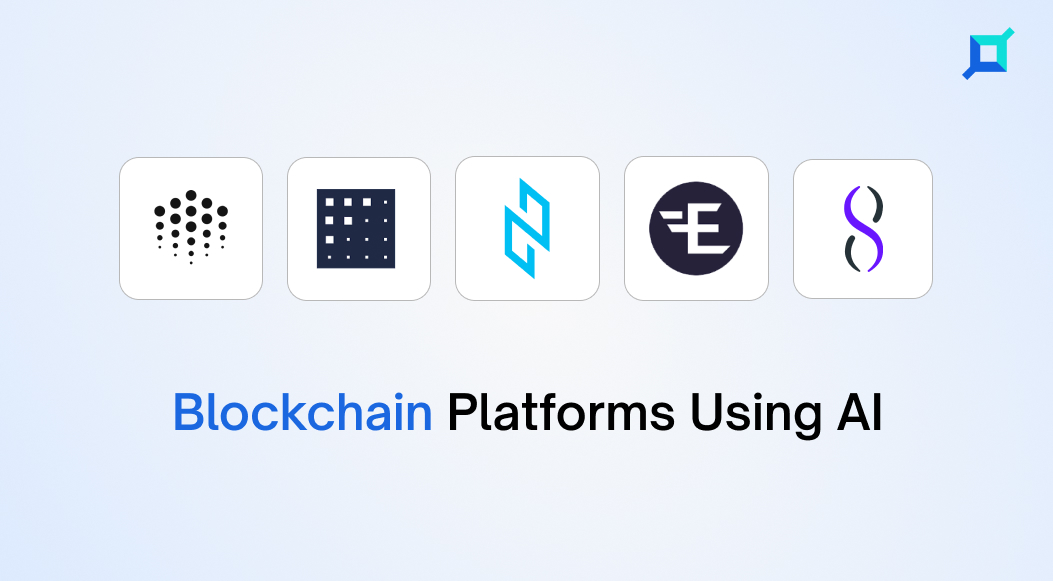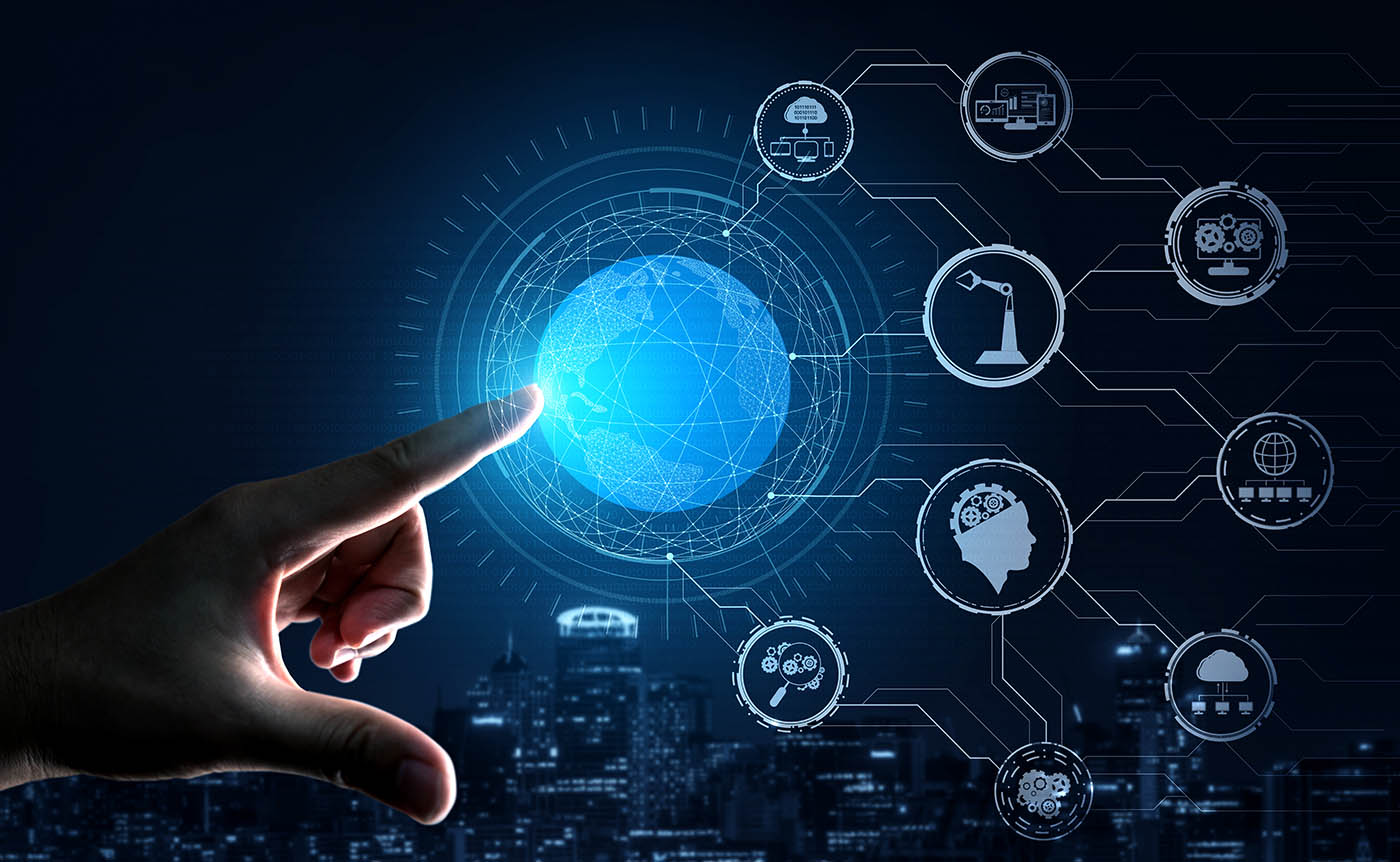Web3 and AI are catalyzing the pace of innovation, and their combined power is showing signs of promising radical shifts in almost every industry. Web3 empowers us with trustworthy decentralized data, while AI enables us to analyze large amounts of data; the two technologies combined can provide enormous scope for analyzing data and inferring results in ways previously unimagined.
Moreover, the scope will increase from analyzing centrally stored data, especially in areas that require higher privacy, such as healthcare sectors, to accessing an exponentially high amount of data that is present in a decentralized fashion but still maintains high privacy and security.
By leveraging Web3 technology and AI algorithms, you can access a vast network of nodes that hold a copy of the blockchain’s data. This approach provides more reliable and secure data access since data is stored in multiple locations and cannot be altered by a single central authority.
Additionally, since Web3 technology enables users to control their data and grant access selectively, businesses can ensure their data remains secure and private, even when its usage is to train AI models.
Another benefit of using AI with Web3 technology is its ability to improve machine learning models. Machine learning algorithms rely on large datasets to train their models, which means the current models are trained on particular data sets of one organization.
However, with Web3 technology, data is secure as its aim is to store data in a decentralized fashion. This means it is more likely to be representative of a broader population than data held by a single centralized authority. It provides models with an opportunity to learn from the more diverse dataset, thereby giving them the power to create more accurate models.
Know How AI With Web3 Is Benefiting Various Industries
A lot of work is happening around AI in blockchains to provide users with the most efficient solutions using the best technologies available. Some sectors that are benefitting from the use of AI and Web3 include –
Finance
Web3 and AI are transforming the financial industry by enabling secure, decentralized transactions and advanced data analytics. For example, decentralized finance (DeFi) platforms use Web3 technology to enable secure, transparent financial transactions and use AI to analyze market trends and make predictions about future financial performance.
Moreover, various dApps aim to provide real-time solutions to clients. An example of a decentralized application (dApp) that uses Web3 and AI in the DeFi sector is Alethea AI. Alethea AI is a decentralized platform that uses AI and blockchain technology to create synthetic financial instruments traded on decentralized exchanges (DEXs). The platform uses AI algorithms to analyze market data and create optimized financial derivatives for specific trading strategies.
Healthcare
Web3 and AI are being used to develop decentralized healthcare platforms that enable secure, private data sharing and personalized medicine.
For example, AI chatbots employ to provide virtual medical consultations, while decentralized data-sharing platforms like Medicalchain are using blockchain technology to enable the secure, transparent sharing of medical data.
Supply Chain Management
Web3 and AI are transforming supply chain management by enabling transparent, secure tracking of goods and services. Supply chain management platforms like Provenance use Web3 technology to enable secure tracking of goods from source to destination. At the same time, AI algorithms employ to analyze data and optimize supply chain operations.
Similarly, IBM’s Food Trust is using AI to provide insights and analytics to improve food safety and quality across the supply chain. It provides features like predictive analytics, product authentication, quality assurance, and supply chain optimization with the use of AI and ML algorithms.
Social Media
Web3 and AI are looking to transform social media by enabling secure, decentralized platforms that provide personalized content and improved privacy.
Decentralized social media platforms like Steemit use blockchain technology to enable secure, transparent content sharing. In contrast, AI algorithms employ to personalize user preference content.
Another example is Sola.ai, which spreads information among the most interested users based on AI algorithms combined with their responses. Quality content can easily reach the whole Sola user base. Users post news, stories, and entertainment cards; Sola takes care of the rest.
Education
Both Web3 and AI use to develop decentralized educational platforms that enable personalized, data-driven learning.
AI chatbots are being employed to provide personalized tutoring and support, while decentralized platforms like ODEM use AI to personalize the learning experience for each student based on their learning style and preferences. TeachMePlease uses AI to match students with the most suitable tutors based on their learning objectives and preferences.
Popular Blockchain Platforms Using AI

As various industries are coming up with solutions that are creating powerful AI models combining the two most powerful technologies (Web 3.0 and Artificial Intelligence), there are several blockchain platforms that are focused on enabling the development & deployment of AI and machine learning applications in various industries. Some of these examples include the following –
1. SingularityNET
It is a decentralized platform that uses the creation, sharing, and monetization of AI algorithms and services. It is built on the Ethereum blockchain & uses smart contracts to facilitate transactions between AI agents.
2. Ocean Protocol
This is a decentralized data exchange protocol that allows data owners to share and monetize their data with AI and machine learning algorithms. It uses blockchain technology to provide a secure and transparent marketplace for data sharing.
3. Fetch.ai
Fetch.ai is a decentralized platform that aims to create an open economic ecosystem for AI and machine learning applications. It uses a combination of blockchain technology and machine learning algorithms to enable autonomous agents to interact and transact with each other.
4. Endor Protocol
This blockchain-based platform uses AI and machine learning algorithms to provide predictive analytics for businesses. It allows users to ask complex business questions and receive predictive insights in real time.
5. Neuromation
Neuromation is a blockchain-based platform that provides synthetic data and machine learning services for businesses. It allows users to generate high-quality synthetic data to train AI models and provides a marketplace for machine learning models and services.
Final Thoughts
The integration of AI and Web3 has the potential to create even more powerful and innovative applications that can revolutionize several industries. The challenges of interoperability, privacy, and security must keep in mind to ensure the successful integration of these technologies. As Web3 continues to evolve, we can expect to see even more exciting applications that leverage the power of AI.
Moreover, if you are also interested in integrating AI into your existing Web 3 project or want to develop amazing and unique software using Web and AI, share your ideas with Infrablok experts, and we will help you bring your imagination to the real world.
